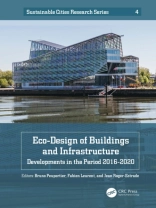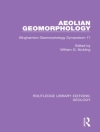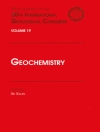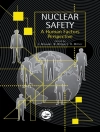The Chair Eco-design of buildings and infrastructure, a partnership between three engineering colleges (MINES Paris Tech, Ecole des Ponts Paris Tech and Agro Paris Tech) and the VINCI group, aims to create measurement and simulation tools which integrate all the dimensions of eco-design (greenhouse gas emissions, impact on biodiversity and resource levies, etc.) to become real decision-making tools, based on a scientific approach, for all actors in the city (designers, builders and users).
This book reviews the second five-year sequence of the Chair, first presenting methodological advances in eco-design: life cycle assessment and quantification of uncertainties; local environmental impacts of transport and biodiversity. The interdisciplinary partnership, also associating the human sciences, shows its interest in taking into account the human factor in the modelling of urban systems. This modelling is based on several numerical simulation tools, presented in the third part. This theoretical set results in more substantial proposals for the renewal of techniques and systems, in terms of energy management strategies in buildings, urban agriculture, participatory data collection and digital transformation in transport.
This book is intended for urban planners, local authorities, building owners, architects, design offices, companies, building managers, teacher-researchers and anyone interested in the environmental quality of our living spaces.












